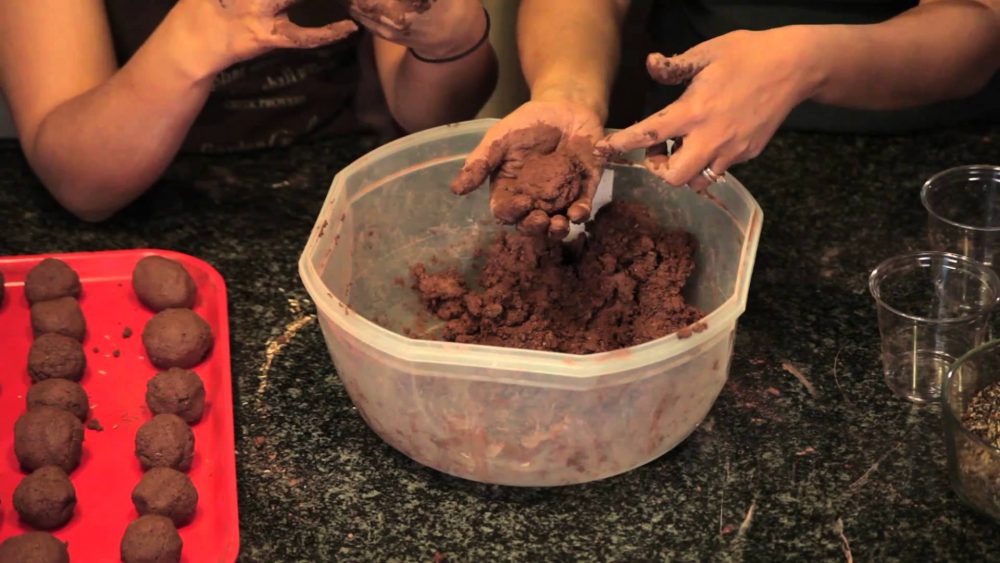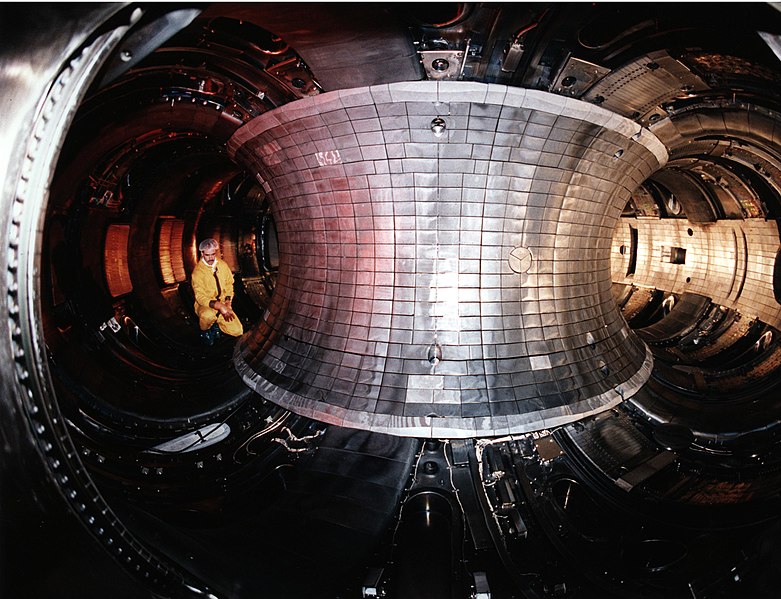Whether it is the construction of enormous tracts of housing or massive road-building projects, trees are the silent victims of modernization. The seedball movement could be the answer to the problem of deforestation.
What is a seedball?
Seedballs are marble-sized balls prepared from a mixture of clay, compost, and seeds. The mixture is moistened and formed into compact lumps or balls, which are then allowed to dry.
The seedball technique of planting trees involves loading the seedballs into planes and dropping them out into fields at the appropriate time of year.
This type of aerial reforestation — also known as seed bombing — can help in restoring and regenerating the ecosystems of the places that have been destroyed due to deforestation.
It is an ancient method that was popular in Japan and Greece and is now used in many countries, such as India, Kenya, Costa Rica, and others. This technique is used to reduce predation, labor costs, and increase the germination rate of broadcasted seeds.
Seedballs are an important aspect of natural farming and conservation
This method of seeding has some drawbacks, however. Since seeds are sown on top of the soil, there is a risk of them being blown away by the wind, washed away by heavy rains, or being eaten by birds. Moreover, it involves tilling large areas, which is labor intensive and can be destructive to soil health.







